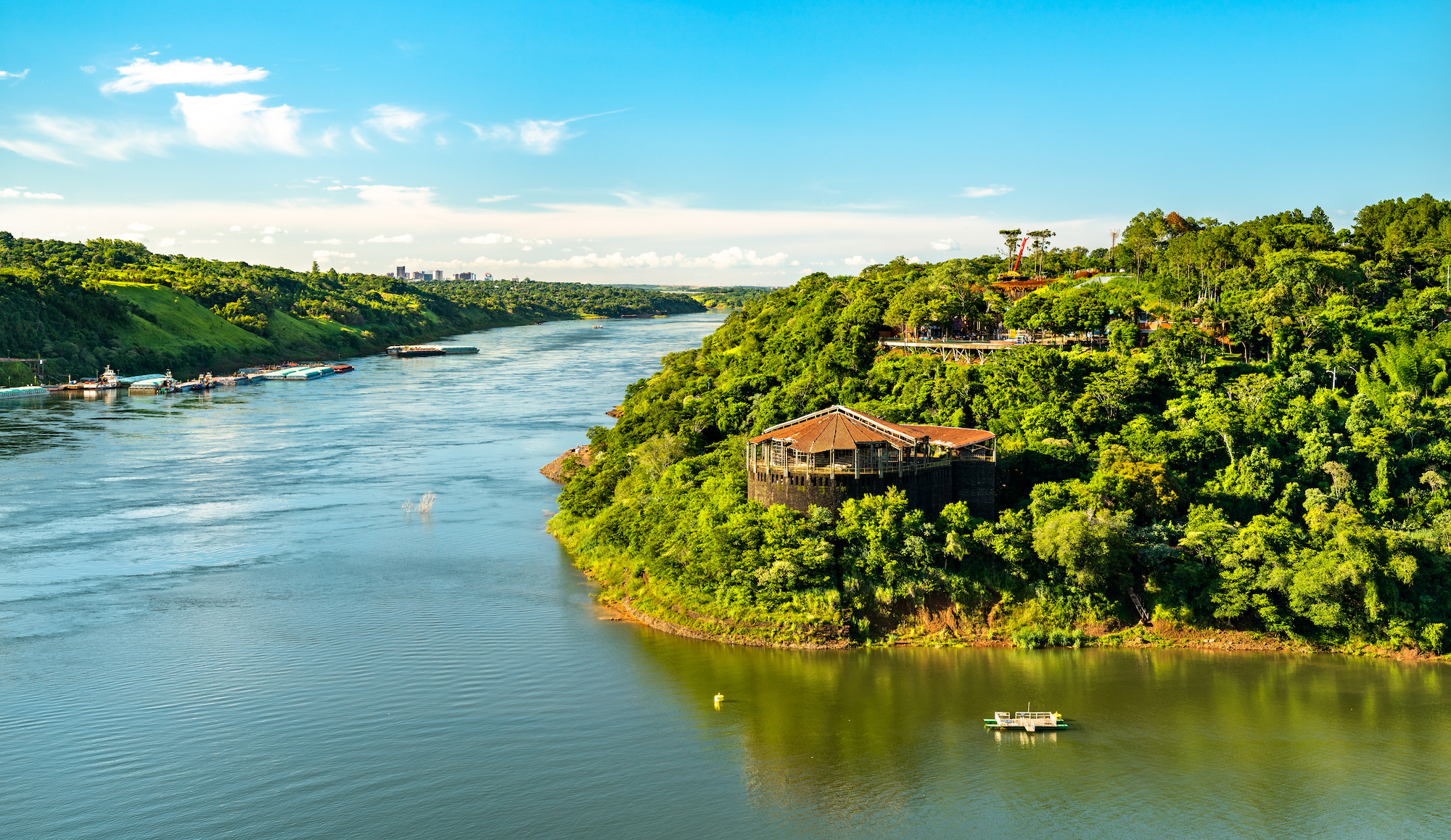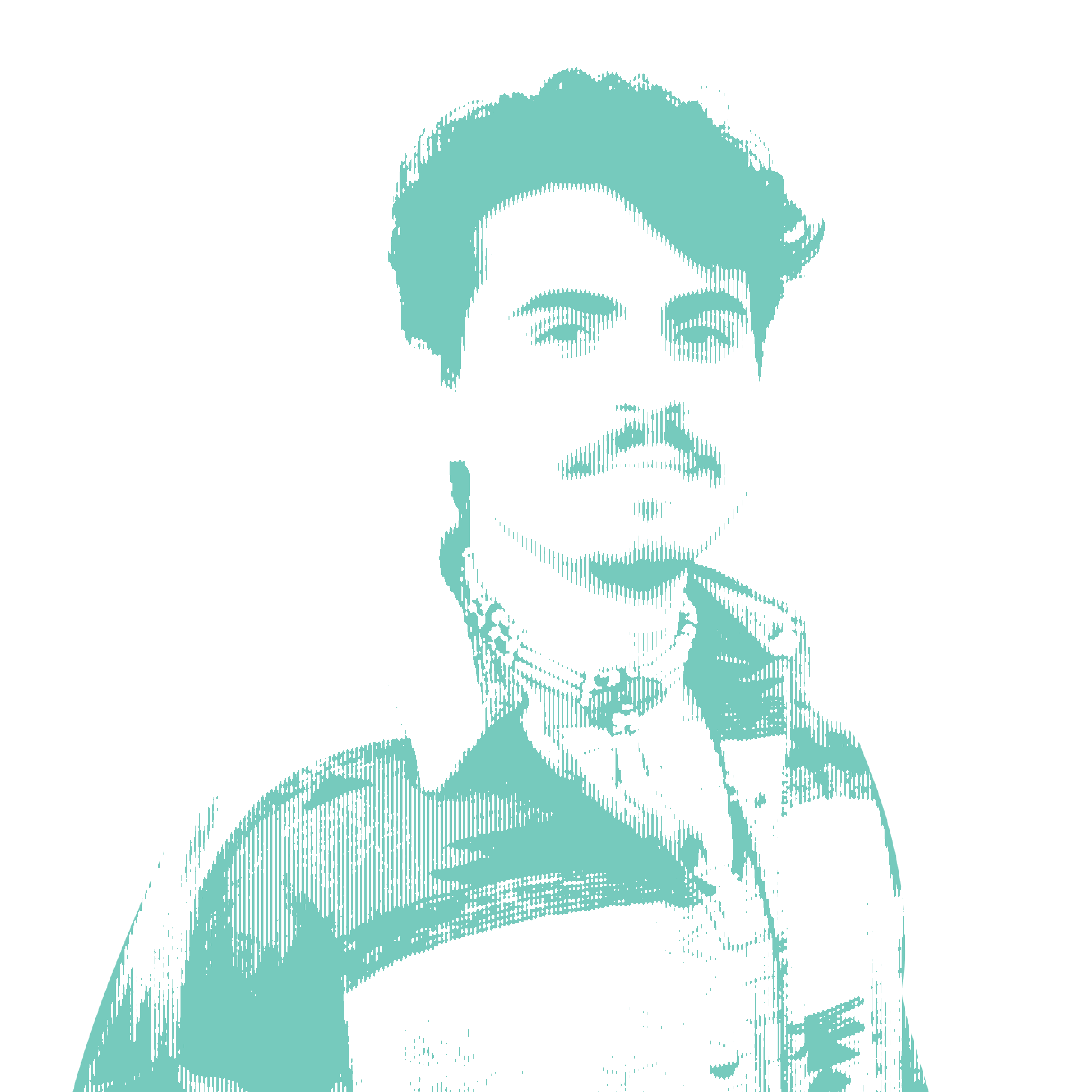
Violent evictions, shooting by private guards, fires, illegal deforestation, fumigations with agrochemicals, racism, lack of land, water, and food, with abundant droughts and floods are some of the urgent problems that beset the Indigenous communities of Paraguay, in addition to COVID-19. They are not even allowed to hunt birds because then they get detained.
The pandemic adds to these issues, silently, but unstoppable. At least 259 members of 14 of the 19 Indigenous communities in Paraguay are infected, and 26 have died, according to data updated on January 22.
Between September and October last year, fire devastated more than 6,900 hectares of forest in the territory of the Mbya Guaraní people, one of Paraguay's five Guaraní nations. The communities lost precious and extensive areas of native forest, a source of food, traditional medicine, and spiritual space. According to the 2012 census, 27.6% of the 493 Indigenous communities in the country do not have their own land.
Even though COVID-19 is not the biggest of their problems, there are already 70 communities at risk, 259 confirmed cases—142 men and 117 women—and 26 people deceased, the majority of them in the Chaco: 21 of the 26 deaths occurred in the area, according to the map prepared by the Federation for the Self-Determination of Indigenous Peoples in Paraguay (FAPI).
The country had a low positivity rate in relation to other countries between March and June 2020, partly due to the total quarantine measures decreed by the government, which were relaxed in mid-May. From that moment on, the infection curve began to increase. As of March 12, 2021, the government has reported 175,827 confirmed cases, 3,411 deaths, and 145,470 recovered.
The impact of the pandemic is significant among the rural population—especially the Indigenous population—due to the deficient and weakened public health system and, above all, due to the pre-existing conditions of poverty and exclusion. Some 81,000 Indigenous people lived in poverty in 2017—66.2% of the total Indigenous population—of which half are in extreme poverty, according to official data from the Population Survey.
The Tekoha Sauce community, of the Ava Guaraní people, inhabit their ancestral territory in the wilderness area protected from the Itaipú hydroelectric power plant, the largest production plant in the world, which Paraguay shares with Brazil on the Paraná River. But they are like squatters in their own home. The dam intends to evict them through legal means and physical intimidation.
During the quarantine, the park rangers entered the community without adequate sanitary protection, exposing the Indigenous population, mainly children and the elderly, to the contagion, according to the report "Impact of COVID-19 on Indigenous Peoples," by FAPI and other organizations.
In addition, some public officials have demanded that the community not develop its traditional economy (hunting, fishing, and gathering) because it is a protected area, ignoring the validity of Law 234/93, which ratifies Convention 169 of the International Labor Organization on Indigenous and Tribal Peoples in Independent Countries.
The 17 families of the Guyrapaju community, which are also Ava Guaraní but in the department of Caaguazú, were forcibly evicted from their ancestral lands on August 7. In an irregular procedure, supposed landowners entered the community along with six people armed with large shotguns. These civilians evicted the people without the Attorney General's Office or the police. The community leaders requested government intervention to at least recover their homes.
To continue reading this story in Spanish, click here.












